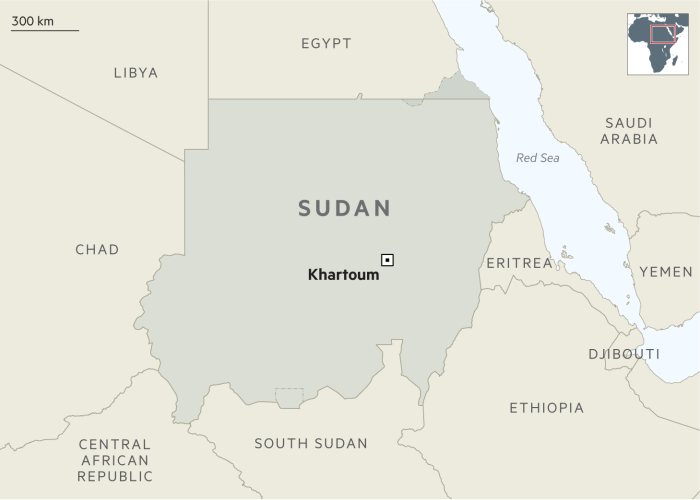International Relations
Sudan’s President Ousted by Army
- 12 Apr 2019
- 3 min read
President Omar al-Bashir, who ruled Sudan for 30 years, was overthrown in a coup by the armed forces.
- The president was forcefully removed after months of protest over rising costs of food and other necessities but the demands quickly widened for the removal of President Omar al-Bashir and his government.
Reasons for Ouster
- Economic Hardships and Civil War
- Mr. Bashir presided over a 21-year war in southern Sudan.
- In 2011, following a referendum, South Sudan gained independence from Sudan. The referendum had been part of a peace deal agreed between Mr. Bashir and rebels from South Sudan.
- However, the split had significant financial repercussions, because South Sudan gained 75% of Sudan’s oil resources.
- Sudan's economy - which had already been strained by more than a decade of US sanctions - was hit hard.
- US Sanctions: Sudan has suffered prolonged periods of isolation since 1993 when the United States added Bashir’s government to its list of terrorism sponsors for harboring Islamist militants.
- In December 2018, the government of Sudan tried to prevent economic collapse, brought on by years of US sanctions and loss of oil revenue, with emergency austerity measures and a sharp currency devaluation.
- Algeria’s Influence
- Recently, Abdelaziz Bouteflika, president of Algeria has resigned after remaining in power for more than two decades.
- This increased the wave of protests throughout Sudan.
- ICC Charges
- Mr. Bashir has been indicted by the International Criminal Court in The Hague and is facing an arrest warrant over allegations of genocide in Sudan’s Darfur region during an insurgency that began in 2003 and led to the death of an estimated 300,000 people.
What Now?
- Defence Minister of Sudan Awad Ibn Ouf has announced that the army would oversee a two-year transitional period followed by elections and that a three-month state of emergency was being put in place.
- However, Protests are still continuing demanding for a civilian government in place of military rule.





